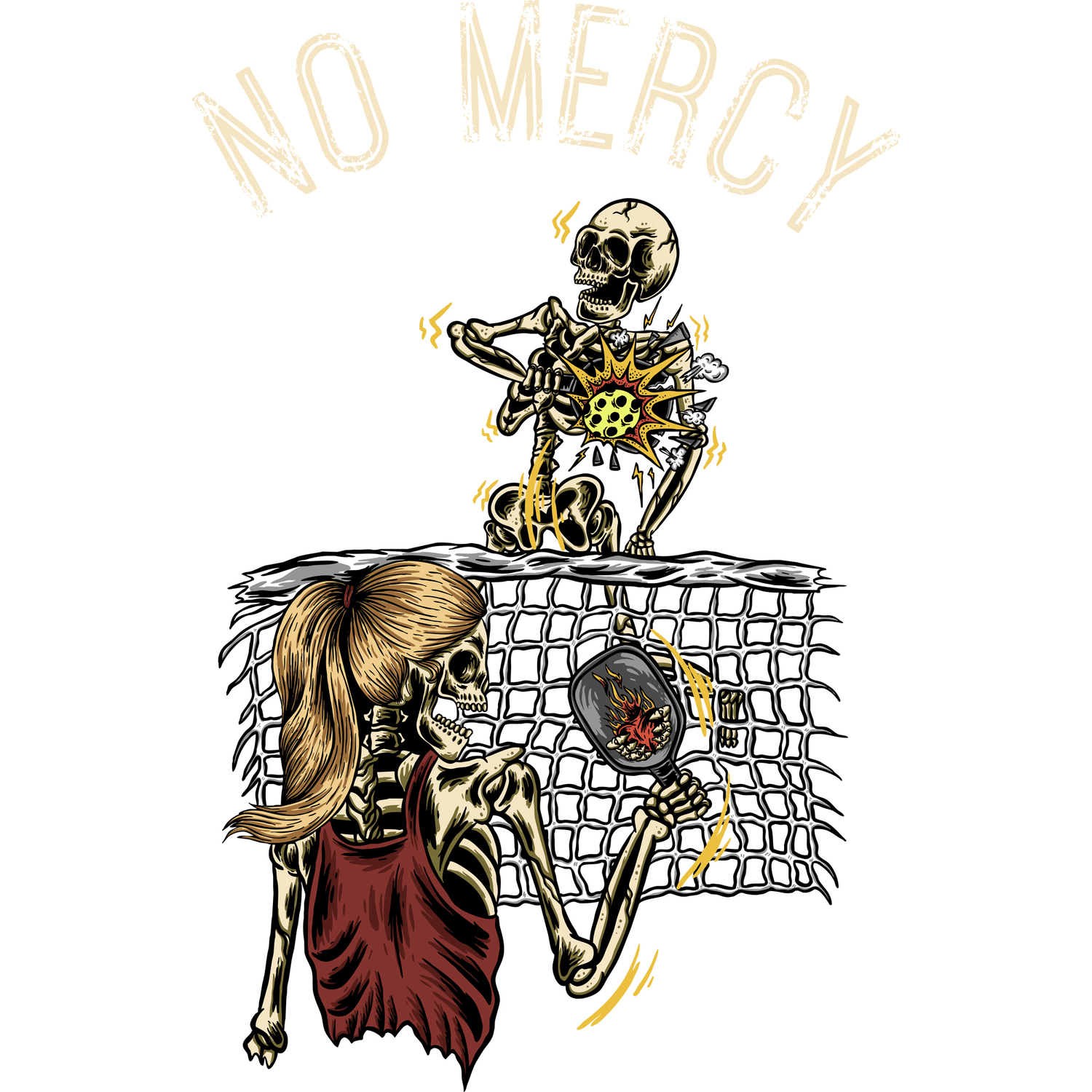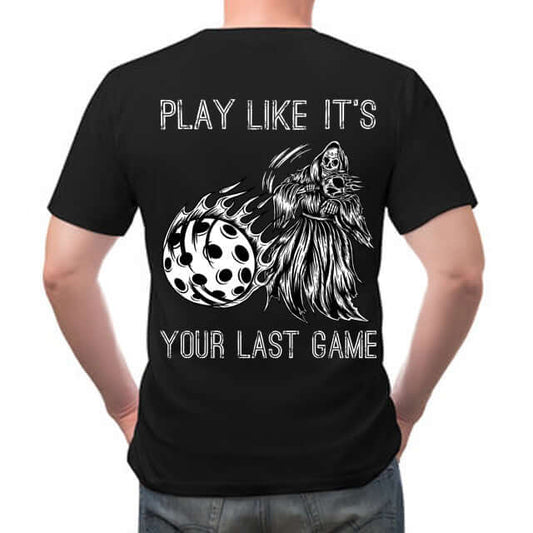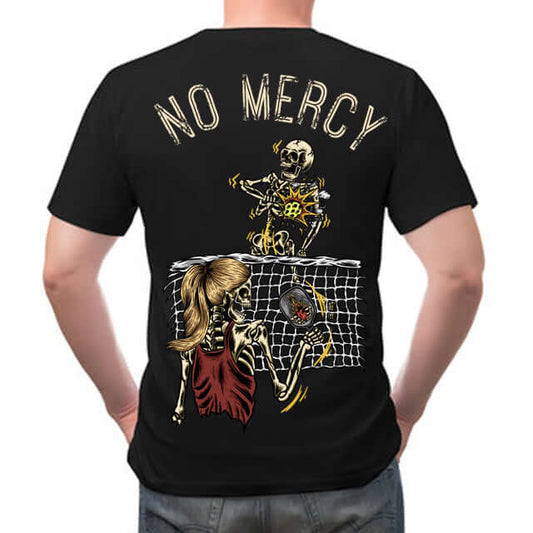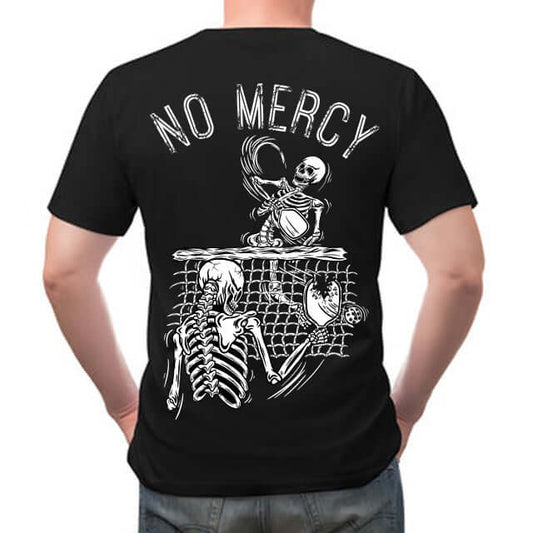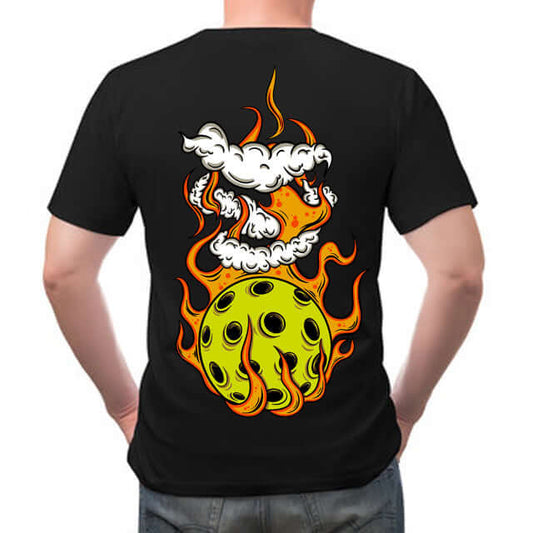Losing a game of pickleball can be tough, but it's also one of the greatest opportunities to improve. We've all been there: you walk off the court feeling the sting of defeat, replaying every missed dink and out-of-bounds smash. Instead of letting that frustration get the best of you, what if you could turn it into fuel for your next victory? Every loss contains valuable lessons that can transform your game. Learning to analyze your performance is a key skill that separates good players from great ones.
So, how do you turn a loss into a win for your future self? It starts with a simple mindset shift. See every defeat not as a failure, but as data. You've just completed a field test of your current skills, strategies, and mental fortitude. Now it’s time to review the results and make adjustments. This process of reflection is a powerful tool in your pickleball toolkit.
This guide will walk you through a structured approach to learning from your losses. We'll cover how to cool down effectively, analyze your gameplay objectively, and turn those insights into actionable steps for your next match.
The Post-Game Cooldown: Processing the Defeat
The moments immediately following a match are crucial. Your emotions are running high, and it's easy to get trapped in a cycle of blame or disappointment. The first step is to manage your immediate reaction.
Step 1: Acknowledge and Breathe
Before you break down your technique, take a moment to just breathe. Acknowledge the feeling of disappointment without letting it consume you. Thank your opponents and your partner for the game. Good sportsmanship is the foundation of the pickleball community, and maintaining a positive attitude, even in defeat, is a win in itself. Avoid making excuses or blaming external factors. Ownership is the first step toward improvement.
Step 2: The 24-Hour Rule
Many professional athletes follow a "24-hour rule." They allow themselves 24 hours to feel the emotions of a win or a loss, but after that, they let it go and focus on what's next. This prevents you from dwelling on a single game for too long. Use this time to decompress. Go for a walk, stretch, or do something you enjoy that isn't related to pickleball. This mental break will allow you to approach your game analysis with a clearer, more objective perspective.
Analyzing the Game: Becoming Your Own Coach
Once you've had some time to cool down, it's time to put on your analyst hat. This is where the real learning begins. If possible, try to record your games. Watching a replay of your match is the single most effective way to see what really happened, free from the biases of in-the-moment emotion.
Step 3: Identify the What and the Why
Grab a notebook or open a document and start breaking down the match. You're looking for patterns, not just isolated mistakes. Ask yourself a series of questions:
- What types of shots cost me the most points? Was it my third-shot drop, my dinks, my serves, or my volleys? Be specific. Instead of saying "my defense was bad," try "I struggled to reset the ball when my opponent hit a hard drive at my feet."
- Why did I make those errors? This is the deeper question. Was it a technical issue (e.g., improper footwork, wrong grip), a strategic one (e.g., poor shot selection), or a mental one (e.g., lack of focus, nervousness)? For example, if you kept popping up your dinks, was it because your paddle face was too open, or was it because you were feeling impatient and trying to force an attack?
- Where did my opponents score most of their points? Did they exploit a specific weakness? Maybe they targeted your backhand or successfully lobbed over your head. Understanding how you were beaten is key to shoring up your defenses.
- How was my court positioning and movement? Were you getting to the non-volley zone line quickly after the return? Were you and your partner moving together as a team? Poor positioning can turn an easy shot into a difficult one.
Step 4: Focus on One or Two Key Areas
After your analysis, you might have a long list of things to work on. Trying to fix everything at once is a recipe for overwhelm. Instead, pick just one or two key areas to focus on before your next game. For instance, if you identified that your third-shot drops were inconsistent, make that your primary focus. This targeted approach to practice is far more effective than trying to overhaul your entire pickleball game simultaneously.
Turning Insights into Action: The Practice Plan
With your focus areas identified, it's time to hit the practice court with a purpose. This is how you build new skills and habits that will hold up under pressure.
Step 5: Drill with Intention
Don't just hit balls back and forth. Structure your practice around the weaknesses you identified.
- Weak Third-Shot Drops? Have a partner feed you deep returns and practice hitting drops from different positions on the court. Focus on a soft touch and a high arc that lands gently in the kitchen.
- Struggling with Backhand Dinks? Spend 15-20 minutes in a dink-only drill, focusing exclusively on your backhand side.
- Getting Beaten by Lobs? Practice drop-stepping and hitting overheads. This specific drill will improve your reaction time and technique for defending against the lob.
Step 6: Simulate Match Scenarios
Drills are great for technique, but you also need to practice making good decisions under pressure. Play practice games where you set specific goals related to your focus area. For example, you could play a game where you get a bonus point every time you successfully execute a third-shot drop. This helps bridge the gap between practice and actual match play, making your newly honed skills more reliable when it counts.
Losing is an inevitable part of any competitive sport, including pickleball. By embracing defeat as a learning opportunity, you can accelerate your improvement and become a more resilient, strategic, and skilled player.
Great Pickleball Gift Ideas for the Player in Your Life
After a tough game, looking good can help you feel good. Whether you're celebrating a win or shaking off a loss, having the right gear makes a difference. If you're searching for perfect pickleball gift ideas for a friend, family member, or even yourself, check out the stylish and comfortable collection from RND Streetwear.
Their line of pickleball clothing and apparel is designed for players who want to bring some personality to the court. From witty graphic tees to cozy hoodies perfect for post-game cooldowns, their apparel blends court-ready function with off-court style. It’s the perfect way to show off your love for the game.
Ready to upgrade your pickleball wardrobe or find the ideal gift? Explore the RND Streetwear collection at http://www.rndaccessories.com/collections/pickleball-clothing-apparel-streetwear.
